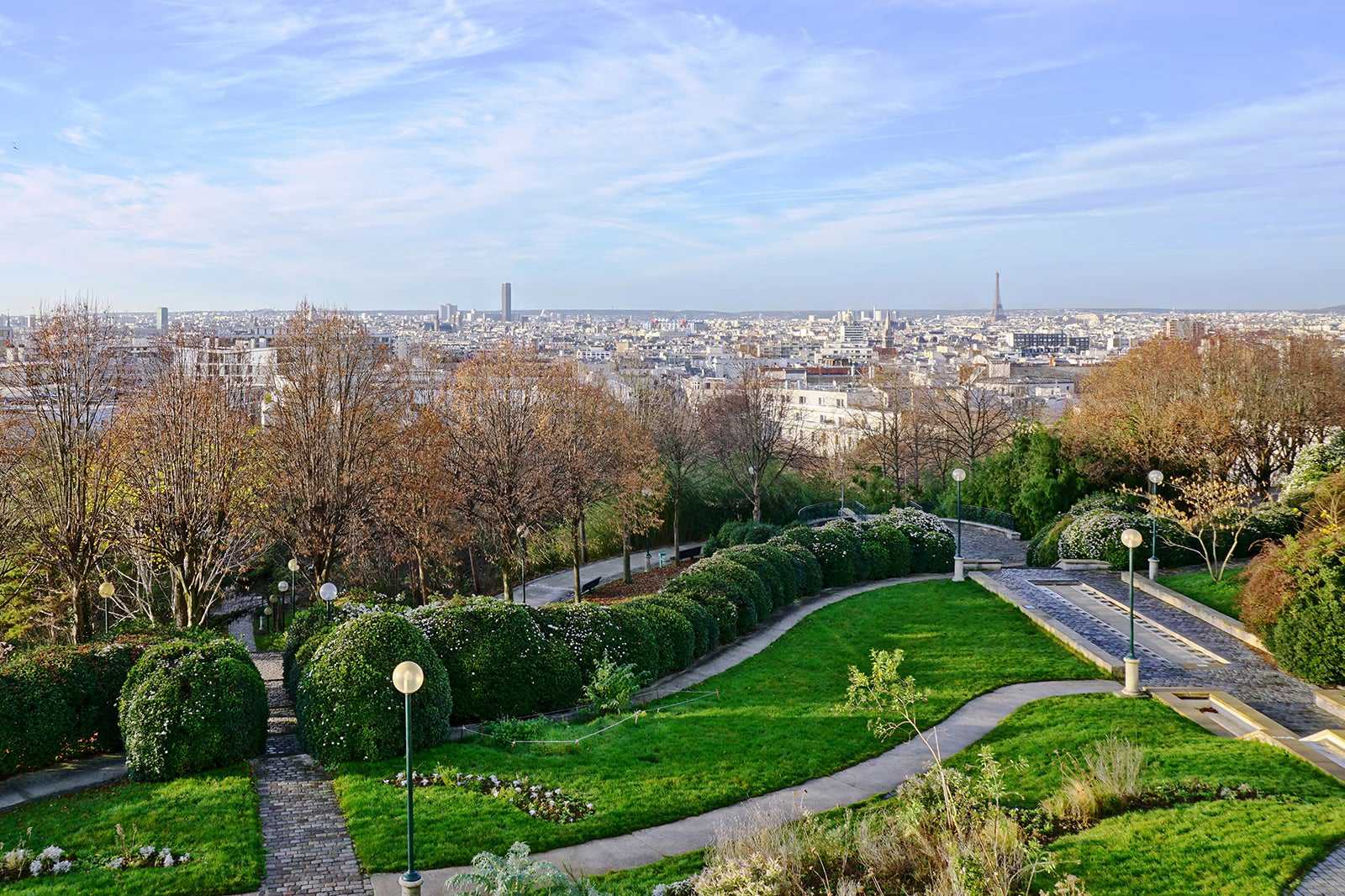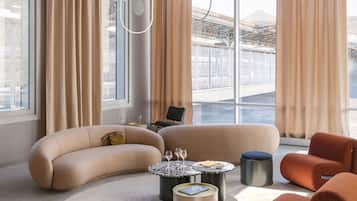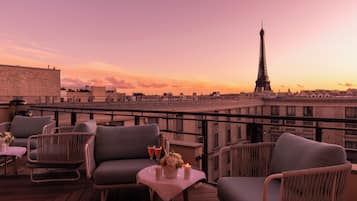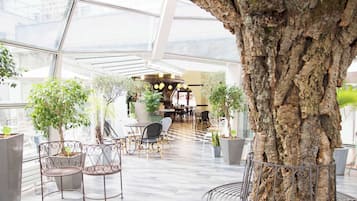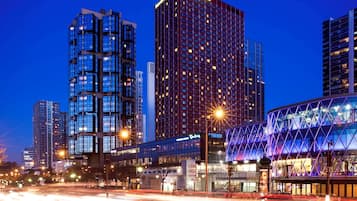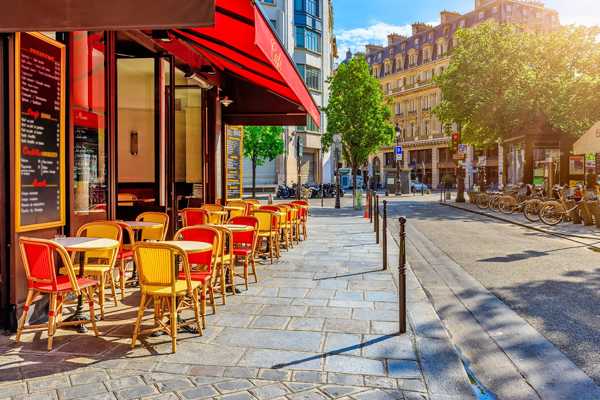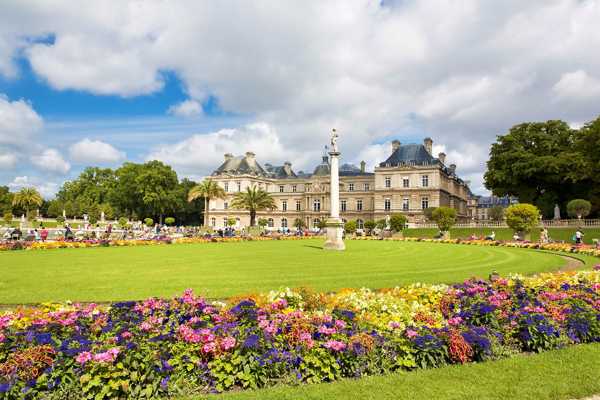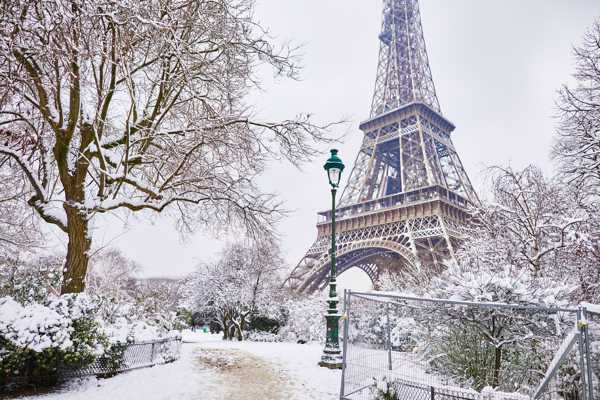Belleville is a neighbourhood in the northeast of Paris which straddles the 19th and 20th arrondissements. Gritty, chaotic and unpretentious, this neighbourhood dons no airs and graces – what you see is what you get: it’s authentic and energetic.
Like Montmartre, Belleville occupies a hill. They both boast extraordinary views over the lower reaches of the French capital. But whereas the easels of the painters and caricaturists that line the pavement in front of the Sacré Coeur cater almost exclusively to tourists, the street art you’ll find in Belleville is as much a local treat as anything else.
Belleville in Paris - one of the highlights of 10 Things to Do Off the Beaten Track in Paris (Read all about Paris here)
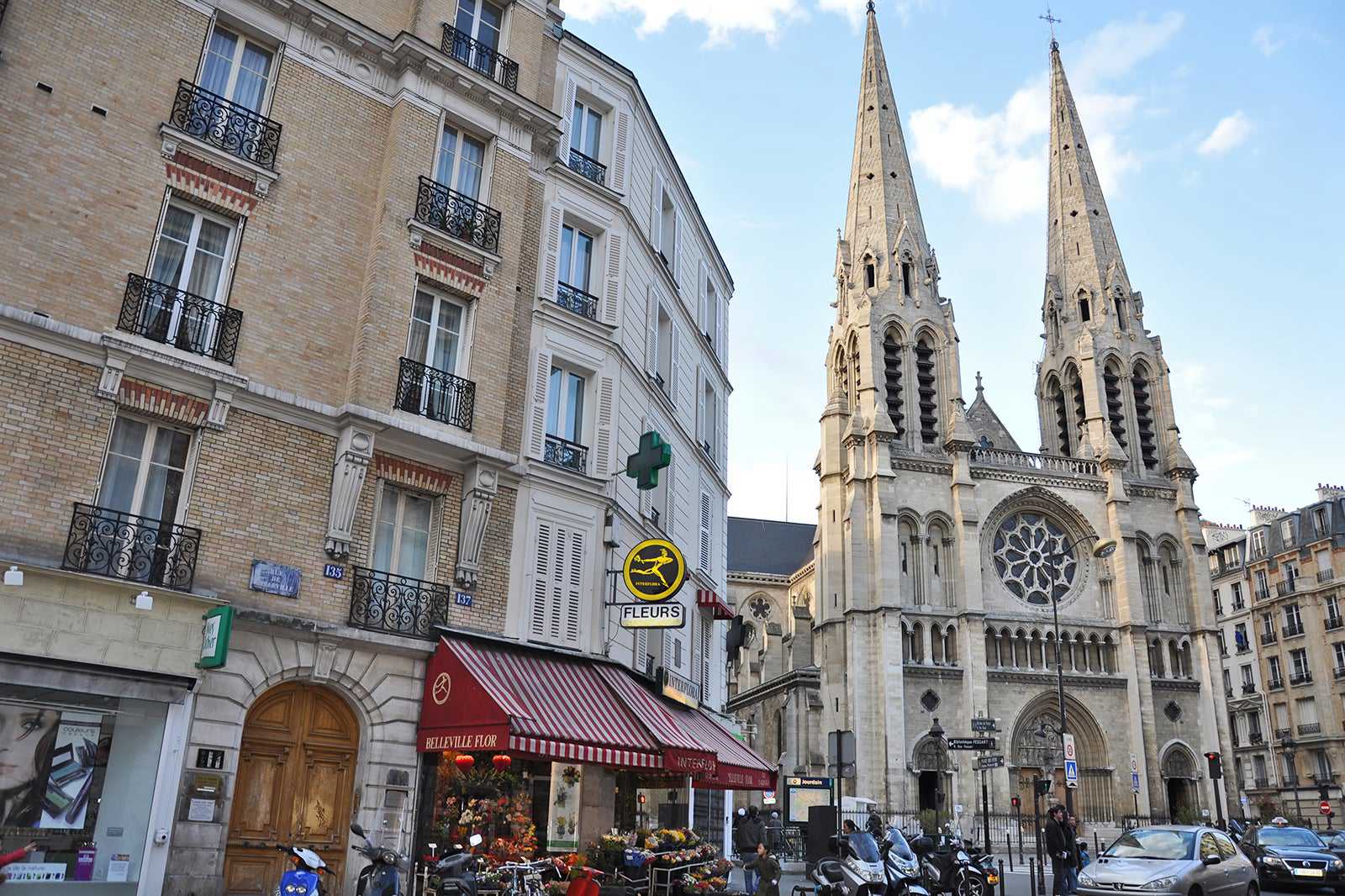
Foto di Céline Harrand (CC0 1.0) modificata
A brief history of Belleville
Belleville was originally a separate village surrounded by farmland. It supplied its larger neighbour with fruit, vegetables and clean water, as well as gypsum and building materials from its quarries. It could trace a history of wine production dating back to the 13th century.
As late as the 18th century, people would come on weekends to drink a rough white known as guinguet. It was cheaper than the wine you could buy in Paris as the vintners didn’t have to pay the city’s taxes. Over time, however, the vineyards were gobbled up by urban development and by 1860 Belleville had thrown its lot in with Paris.
Belleville established itself as a working-class district. Those displaced by Haussmann’s sweeping reforms took refuge there. During the 20th century, the area attracted waves of immigrants. In the 1930s, German Jews fled the Third Reich and Spaniards wound up here as an escape from the civil war that ravaged their country.
More recently came the Algerians, Tunisians and Moroccans, and later still those from sub-Saharan Africa. Belleville also has the second-largest Chinatown in Paris, known as the Quartier Chinois.
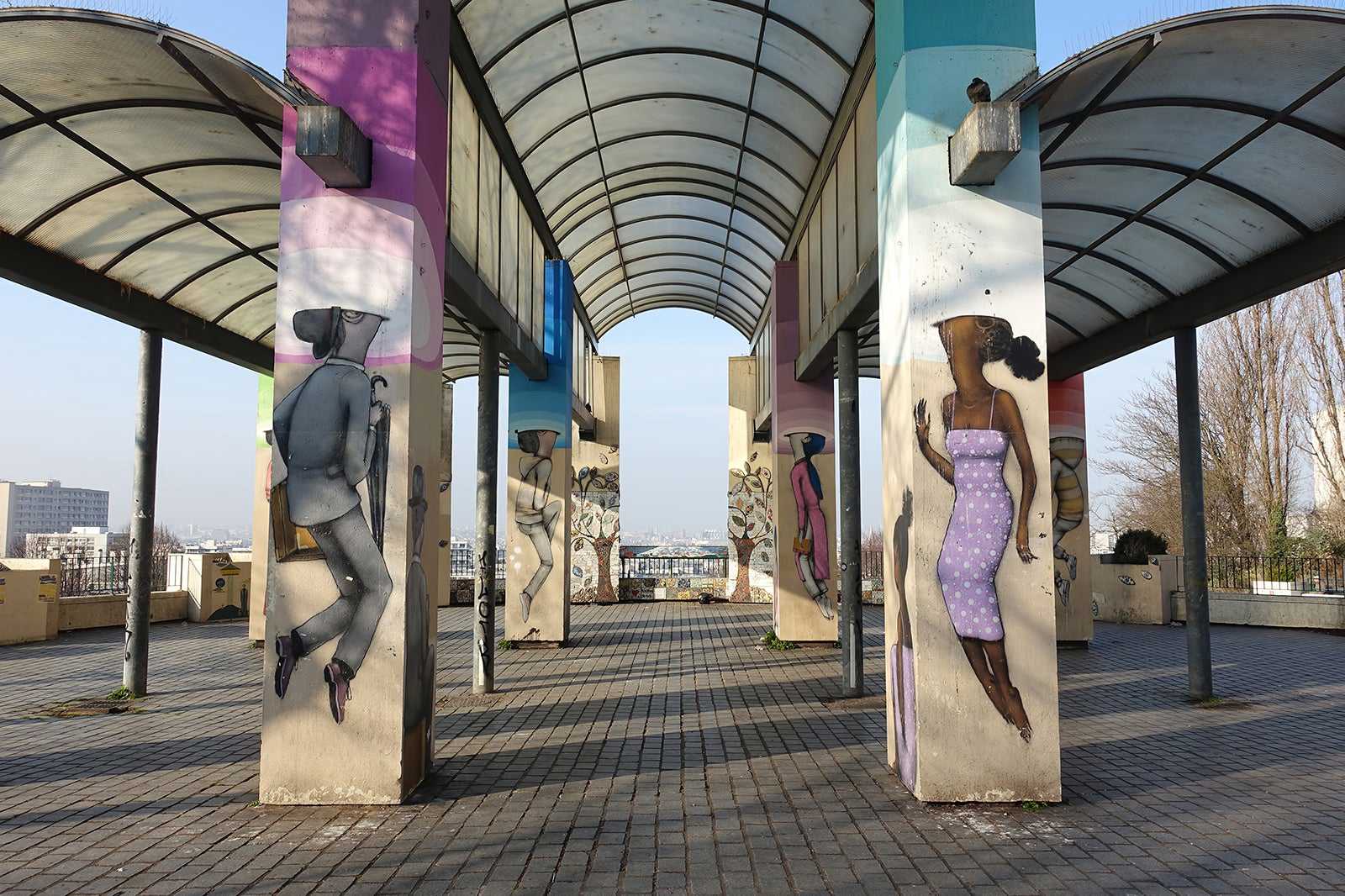
Foto di Guilhem Vellut (CC BY 2.0) modificata
What are the highlights and features of Belleville?
Street art is a common sight in Belleville. Rue Dénoyez, dubbed ‘street art alley’, is a good place to start. Designs are constantly changing, so there’s always something to catch the eye. Throughout the neighbourhood, you’ll find artists’ workshops and small galleries showcasing the work of local creatives. At its heart is the Ateliers d’Artistes de Belleville, an organisation that promotes the visual arts. The AAB gallery on Rue Francis Picabia displays masterpieces by 250 artists represented by the association.
The Parc de Belleville makes the most of the hill overlooking central Paris. Climb Les Hauts de Belleville to the Rue des Envierges, where walkers are rewarded with sweeping panoramas. Its waterfall fountain is the longest in Paris. There’s also a small vineyard, planted in the early 1990s to rekindle the neighbourhood’s connection with wine growing. An adventure playground with a toboggan run keeps the kids amused. There’s also a small museum dedicated to the importance of tackling air pollution, as well as an open-air theatre.
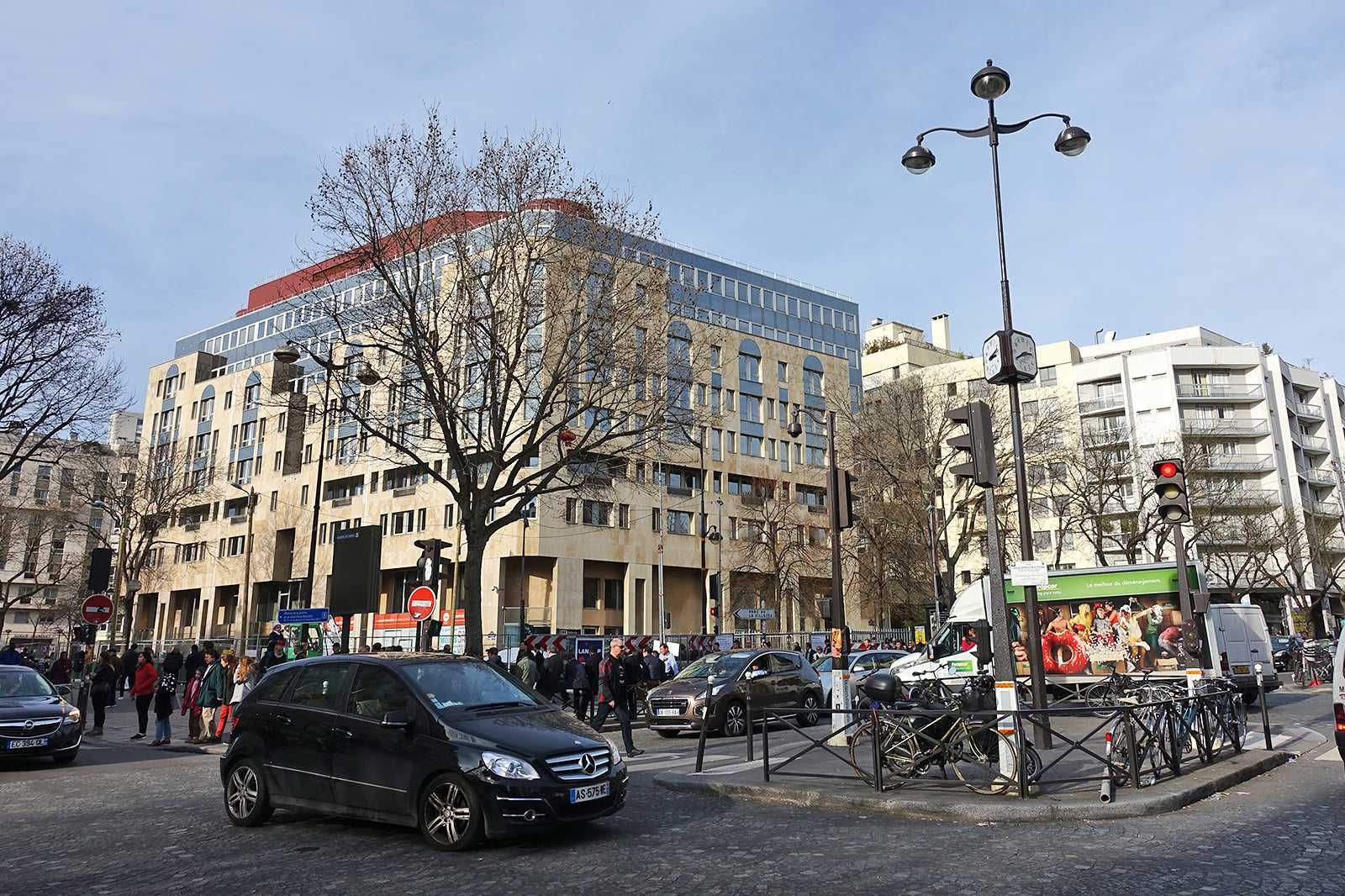
Foto di Guilhem Vellut (CC BY 2.0) modificata
Good to know about Belleville
Belleville’s diverse community makes this a foodie’s dream. After all, there’s no need to travel the world in search of interesting cuisines when the world can come to you. Shop for tasty treats at the Marché de Belleville, a thriving farmers’ market which opens for business on Tuesdays and Fridays. Alternatively, grab some Tunisian brik or Turkish burek (stuffed pastries) and eat it on a park bench in the sunshine.
Of course, decent Asian food is also easy to find in the Quartier Chinois. After dark, there is a good selection of bistros helmed by imaginative and talented chefs. Mixologists from a plethora of cool bars create inventive and delicious cocktails until late.
